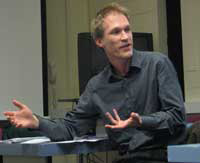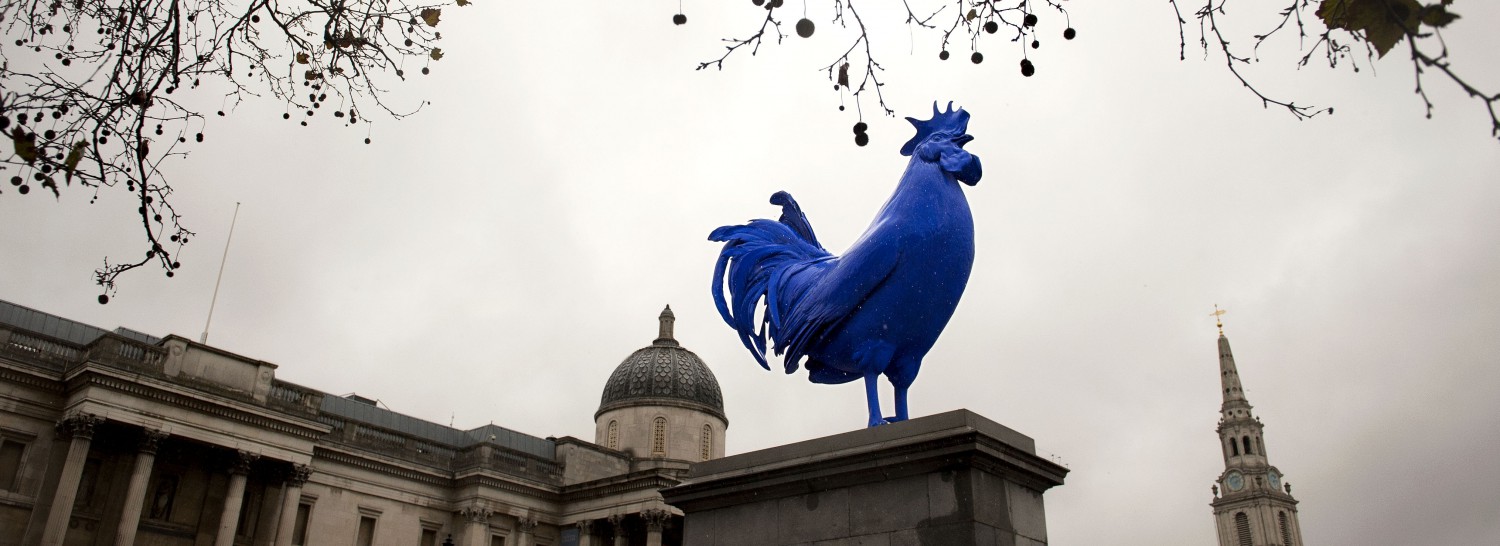Murray Smith
Professor of Film Studies at University of Kent.
Visit Murray Smith’s website here. An overview of his publications can be found here.
Presentation:
Transparency and Reflexivity in Film
Wednesday 7 December
16:00-18:00 at Senate House, Room G34
According to George Wilson, film as a medium is characterized by a powerful ‘transparency,’ such that we seem to ‘see through’ a cinematographic image to the objects it depicts, in contrast to the impression typically evoked by paintings, whereby we seem to see the objects ‘in’ the marked surface. By implication, while our perception of paintings is characterized by what Richard Wollheim terms ‘twofoldness’ – simultaneous awareness of the representational surface and of what is represented – our perception of films is unidimensional or ‘onefold’: we see through the screen to the objects depicted. Wilson’s account refines, but broadly accords with, the orthodox view in film theory: mainstream narrative films exploit the transparency inherent in the medium in order to maximize the ‘illusion of reality,’ the impression that as we watch a film we actually perceive the events of the narrative unfold before us. Reflexive films are then those works that take the radical steps necessary to shatter the effect of transparency. In this paper I argue that whatever ‘transparency’ is possessed by mainstream fiction films is often oversimplified and mischaracterized, and that the epistemic claims for reflexive works based on this caricature are consequently overstated. Put differently, I argue that a current of reflexive awareness is present in even the most conventional and realist of representations, and that such fictions cannot therefore function as the ‘straight man’ for reflexive representations in the way that the standard theory assumes.
